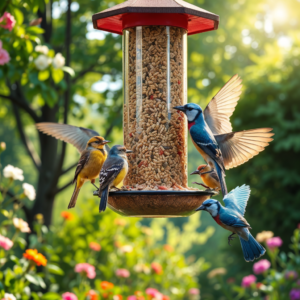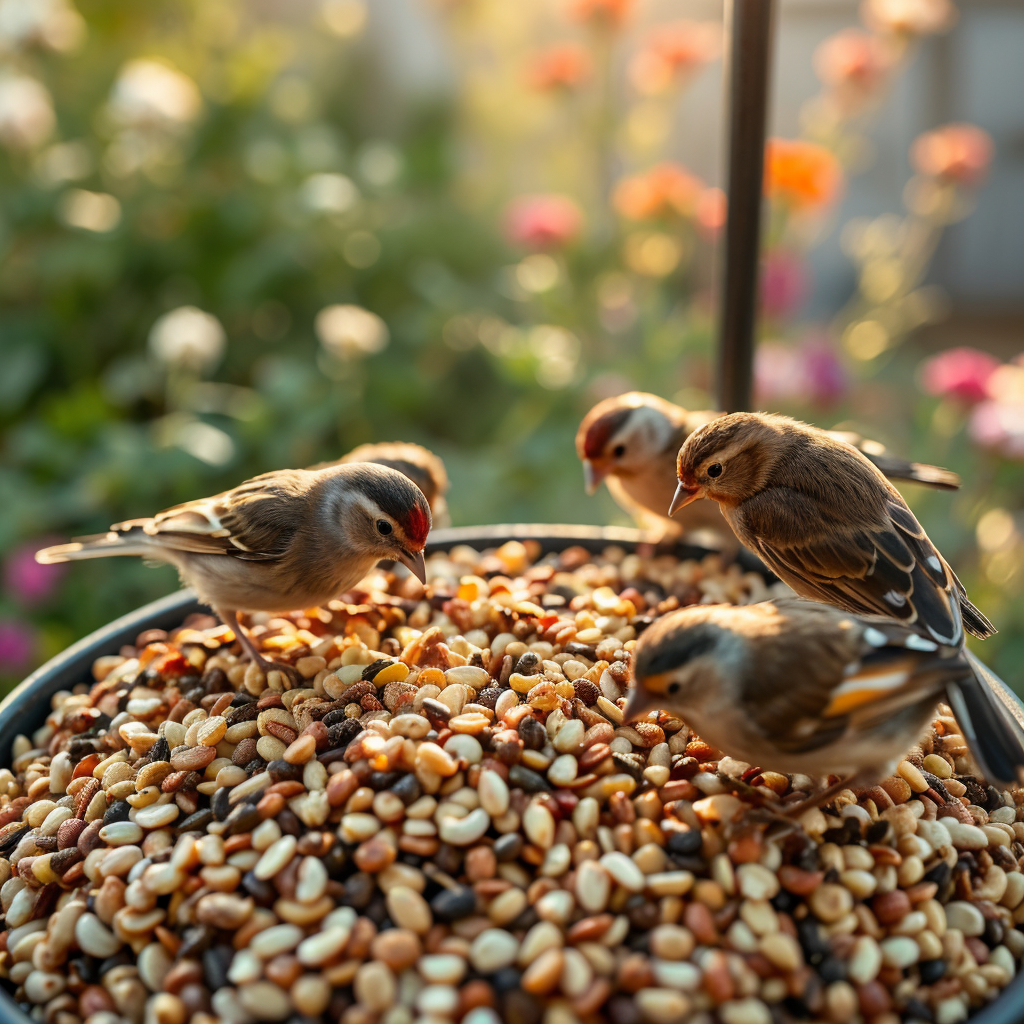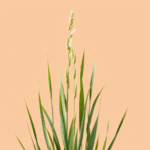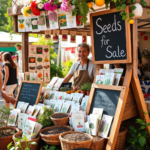Introduction
Bird Seed for Food: A Joyful Guide to Attracting and Nourishing Birds
Feeding birds is a rewarding way to connect with nature while supporting local wildlife. By providing bird seed, you can attract a variety of vibrant birds to your garden. This guide will help you choose the best bird seed, understand the benefits of feeding birds, and create a thriving bird-friendly environment in your backyard.
What is Birds Seeds For Food?
Birds Seeds For Food refers to a nutritious blend of seeds designed to meet the dietary needs of various bird species. By selecting the right mix of seeds, you can attract an array of colorful and melodious birds to your garden. Popular seeds include sunflower, safflower, and millet, each offering different nutritional benefits.
Popular Bird Seed Types:
-
Sunflower Seeds: A favorite for many birds, especially finches, cardinals, and chickadees.
-
Safflower Seeds: Loved by cardinals and grosbeaks and less appealing to squirrels.
-
Millet: Perfect for ground-feeding birds like doves and sparrows.
-
Nyjer Seeds: A treat for finches and siskins.
-
Peanuts: A high-energy option for jays, woodpeckers, and titmice. (Read Related info)
Why Feeding Birds Brings Joy and Benefits to Your Garden
Bird feeding not only attracts beautiful species to your yard but also helps birds thrive, especially during challenging seasons. By offering a variety of bird seeds, you contribute to the well-being of birds and enjoy the delightful spectacle of their visits.
Key Benefits of Feeding Birds Seeds For Food:
-
Nutritional Boost: Seeds offer essential fats, proteins, and vitamins that help birds stay healthy.
-
Bird-Watching Opportunities: Different seeds attract a wide variety of species, enhancing your bird-watching experience.
-
Winter Support: In colder months, when natural food is scarce, seeds provide a crucial food source for birds.
-
Environmental Impact: Feeding birds contributes to biodiversity, as birds play a role in seed dispersal and pest control.
Nutritional Value of Common Birds Seeds For Food
Providing birds with nutrient-rich seeds ensures they receive the energy they need to stay active and healthy. Below is a helpful table highlighting the nutritional content of common bird seeds and the species they attract.
| Seed Type |
Protein (%) |
Fat (%) |
Birds Attracted |
| Sunflower |
22 |
45 |
Finches, Cardinals, Chickadees |
| Safflower |
16 |
38 |
Grosbeaks, Cardinals |
| Nyjer |
18 |
35 |
Goldfinches, Siskins |
| Millet |
11 |
4 |
Doves, Sparrows |
| Peanuts |
25 |
48 |
Jays, Woodpeckers |
How to Choose the Best Birds Seeds For Food for Your Garden
Selecting the best bird seed depends on the species you want to attract and the environment of your garden. By offering a variety of seeds, you can welcome different bird species year-round, bringing vibrant activity to your outdoor space.
Factors to Consider When Choosing Birds Seeds For Food:
-
Bird Species in Your Area: Know which birds are common in your region to cater to their preferences.
-
Seasonality: Different birds visit during different seasons, so adjust your seed offerings accordingly.
-
Seed Quality: Opt for high-quality seeds free from fillers like wheat or corn that birds typically avoid.
-
Bird Feeder Type: Match the seed to the right feeder, such as using Nyjer seeds in a tube feeder for finches.
The Joy of Using Birds Seeds For Food Mixes
Bird seed mixes offer a convenient way to attract a variety of species with one blend. Look for premium mixes that contain a high percentage of nutrient-rich seeds like sunflower and safflower, without unnecessary fillers that birds may discard.
Ingredients to Look for in Quality Birds Seeds For Food Mixes:
-
Sunflower Hearts: Shelled for easy consumption and less waste.
-
Safflower Seeds: Ideal for attracting cardinals and grosbeaks.
-
Cracked Corn: Popular with ground-feeding birds like doves and juncos.
-
Suet Pellets: A high-energy addition, especially appreciated during colder months.
Best Practices for Storing Birds Seeds For Food
Keeping your bird seed fresh and safe is essential for ensuring its nutritional quality and preventing spoilage. Proper storage helps maintain the quality of the seed, ensuring it remains an appealing and safe food source for your feathered visitors.
Tips for Storing Birds Seeds For Food:
-
Use Airtight Containers: Protect seeds from moisture and pests.
-
Store in Cool, Dry Areas: Maintain the freshness of seeds by avoiding heat and humidity.
-
Regularly Check for Freshness: Keep seeds fresh and appealing by removing any with signs of mold or pests.
-
Buy in Manageable Quantities: Especially if you’re new to bird feeding, start with smaller amounts to keep seeds fresh.
Tips for Feeding Birds Successfully
Feeding birds is a delightful way to bring nature closer to your home. The key to a successful bird feeding experience is knowing how to care for feeders and offer a variety of seeds to attract different species.
Top Tips for Feeding Birds:
-
Position Feeders Strategically: Place feeders near trees or shrubs to give birds a safe place to perch while feeding.
-
Keep Feeders Clean: Regular cleaning helps prevent the spread of disease among birds.
-
Offer a Variety of Seeds: Different species prefer different seeds, so offer a mix to attract a wider variety.
Birds Seeds For Food Tips: How to Easily Solve Common Challenges
Even the most passionate bird enthusiasts enjoy opportunities to overcome occasional challenges. From unwanted pests to moldy seed, these common issues can easily be managed with a few simple strategies.
Solutions to Common Bird Feeding Problems:
-
Moldy Seed: Prevent moisture buildup by using feeders with drainage and storing seed properly.
-
Squirrel Intrusion: Choose squirrel-proof feeders or offer seeds like safflower, which squirrels tend to leave alone, ensuring more food for your feathered friends.
-
Aggressive Birds: Offer multiple feeders in different locations to reduce competition among bird species.
Why Choosing High-Quality Birds Seeds For Food Matters
Investing in high-quality bird seed ensures the birds you feed receive optimal nutrition.
Features of High-Quality Birds Seeds For Food:
-
Free from Fillers: Avoid seeds with excessive fillers like wheat or corn, which birds tend to discard.
-
Freshness: Fresh seeds have a pleasant, natural smell and no signs of dust or mold.
-
Organic Options: Consider organic or non-GMO certified seeds, which are free from harmful pesticides.
Attracting Specific Bird Species with Tailored Birds Seeds For Food
To maximize the variety of birds visiting your garden, it’s helpful to offer the seeds that specific species love. Whether you’re hoping to see more cardinals or finches, choosing the right seed can make all the difference.
| Bird Species |
Preferred Seed Types |
| Cardinals |
Sunflower, Safflower |
| Goldfinches |
Nyjer, Sunflower Hearts |
| Blue Jays |
Peanuts, Corn |
| Mourning Doves |
Millet, Cracked Corn |
| Woodpeckers |
Suet, Peanuts |
Creating a Bird-Friendly Garden: More than Just Food
Attracting birds to your garden goes beyond just offering seed. By creating an inviting environment with water, shelter, and nesting areas, you’ll encourage birds to return and thrive in your outdoor space.
Key Elements for a Bird-Friendly Garden:
-
Water Source: Add a birdbath or small fountain to provide fresh water for drinking and bathing.
-
Nesting Areas: Offer birdhouses or leave natural brush and shrubs for nesting opportunities.
-
Shelter: Plant trees and bushes to give birds safe hiding spots from predators.
-
Natural Food Sources: Grow plants that produce berries or seeds to supplement the food you provide.
Conclusion:
Feeding birds not only brings beauty and song to your garden but also supports bird populations, especially during colder months. By offering a variety of seeds, maintaining clean feeders, and creating a bird-friendly environment, you’ll enjoy the sights and sounds of these beautiful creatures year-round.



